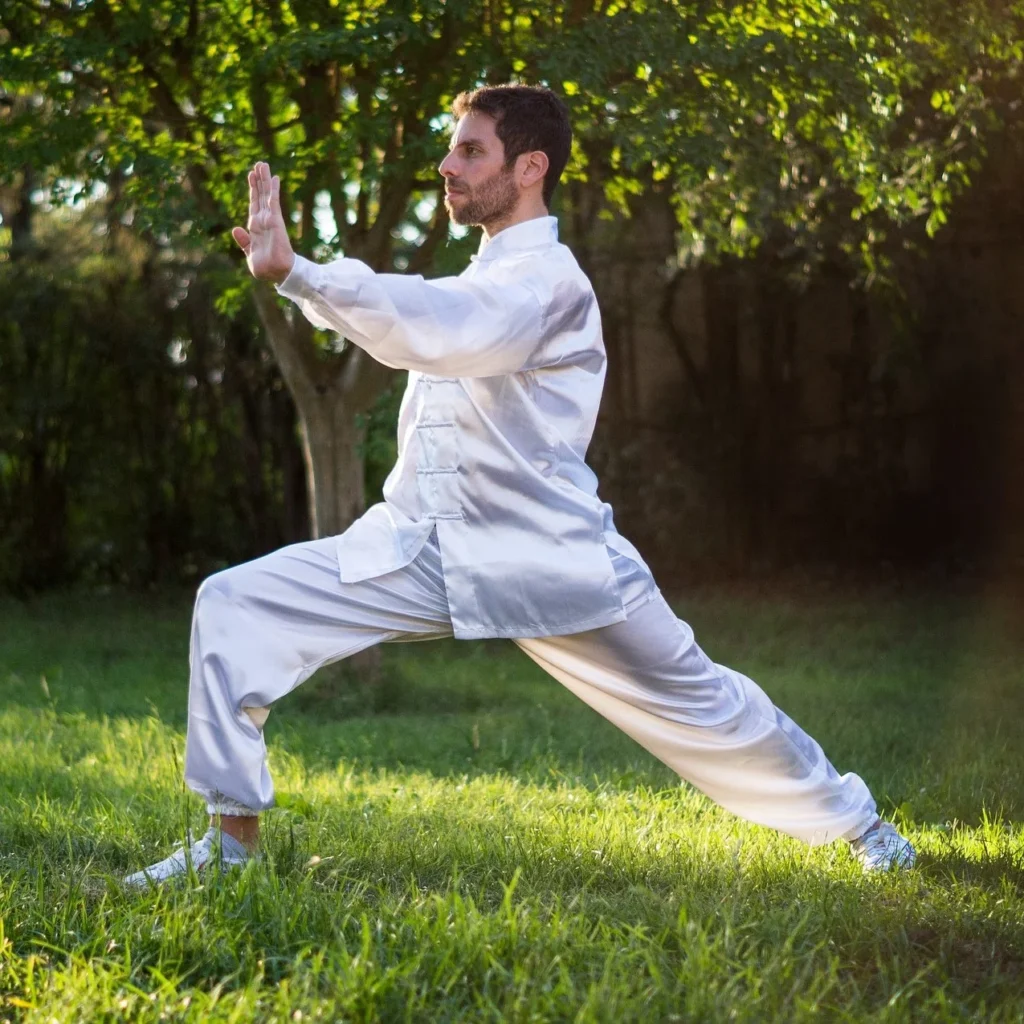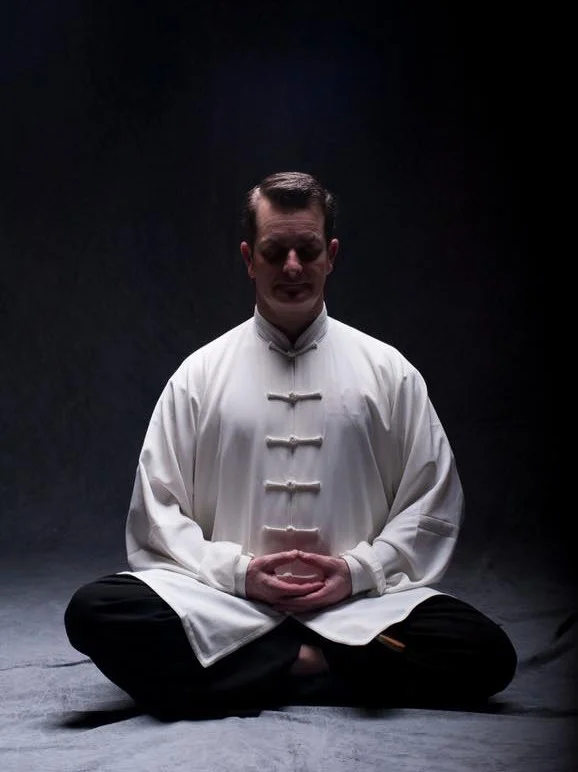Wintern House
Qigong and Tai Chi
Whether you prefer individual attention or the camaraderie of a group setting, we offer both one-to-one and group bookings for Qigong and Tai Chi sessions. Our personalised one-to-one sessions provide tailored instruction to meet your specific needs and goals, while our group bookings offer a supportive environment for shared learning and growth. Whether you're seeking individualised guidance or the energy of a group dynamic, our experienced instructors are here to support you on your journey to wellness. Contact us to book your session and experience the transformative benefits of Qigong and Tai Chi.
Why Us?
Qigong and Tai Chi
Qi Gong is an ancient Chinese health care system that integrates physical posture, breathing techniques and focused intention. Combined with Tai Chi, the gentle, rhythmic movements can be thought of as a form of moving meditation. This calms the nervous system, reduces stress, builds stamina, increases vitality and enhances the immune system. Physical movements are performed slowly, softly and gracefully with smooth and even transitions between them.

Our Team
Matthew Berry
In 2019, Matt got the opportunity to study with masters in their field of Ancient Chinese & Daoist Medicine with Xian Tian College of Daoist Medicine. A journey that has been a life long dream and that has no end. Matt is now bringing a lifetime of study and knowledge of these arts into his clinical practise. He seeks to benefit others who may be suffering from mental, emotional or physical imbalances.

Contact
Ready to discover the benefits of Qigong and Tai Chi? Reach out to us via email or phone to inquire about our classes and workshops. Our studio offers a serene environment where practitioners of all levels can cultivate balance, strength, and inner peace through these ancient Chinese practices. Whether you’re looking to improve flexibility, reduce stress, or enhance your overall health and vitality, our experienced instructors are here to guide you. Contact us today to begin your journey into the transformative world of Qigong and Tai Chi.
If you have any questions, please call us on 01348 875221.
